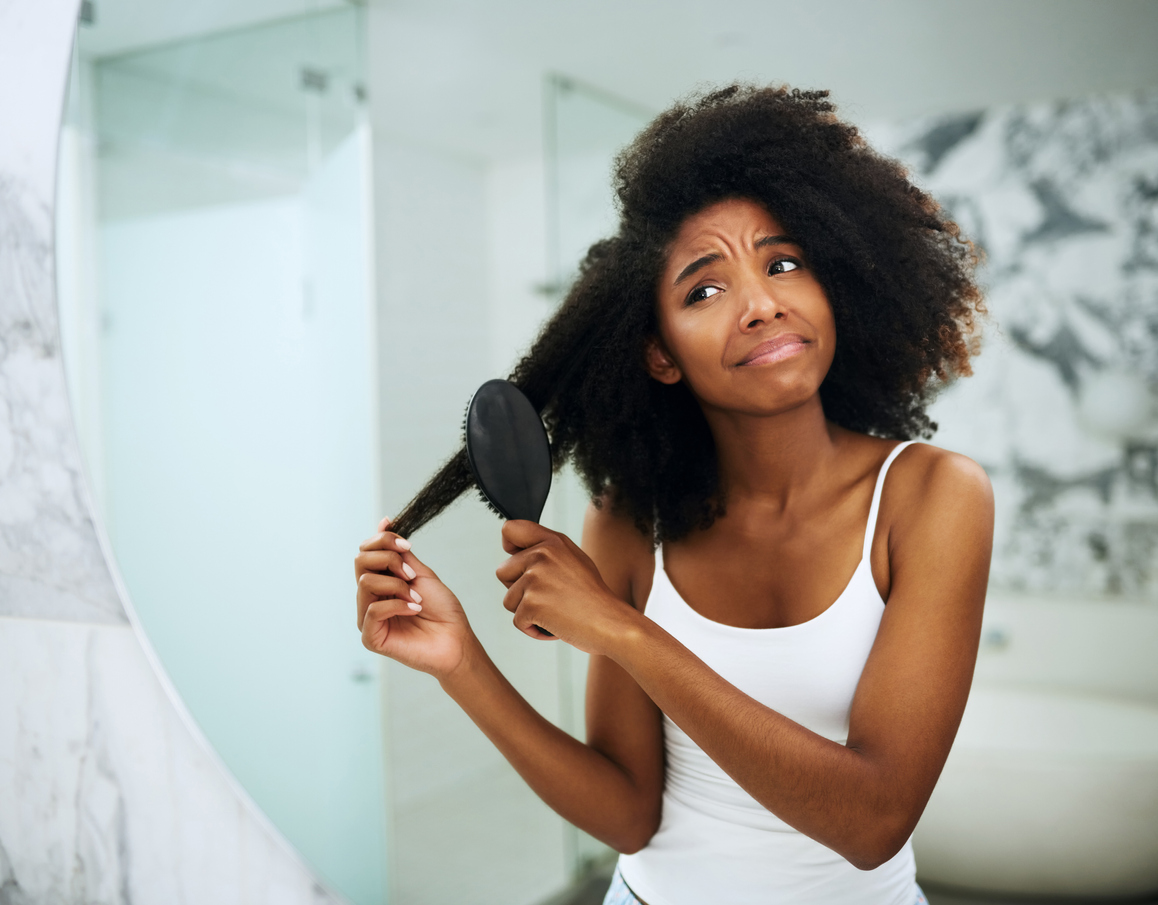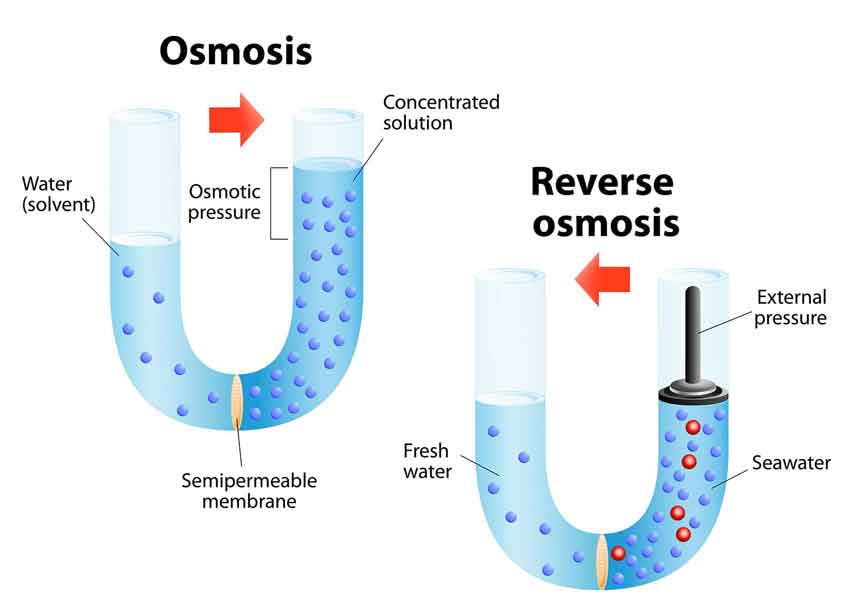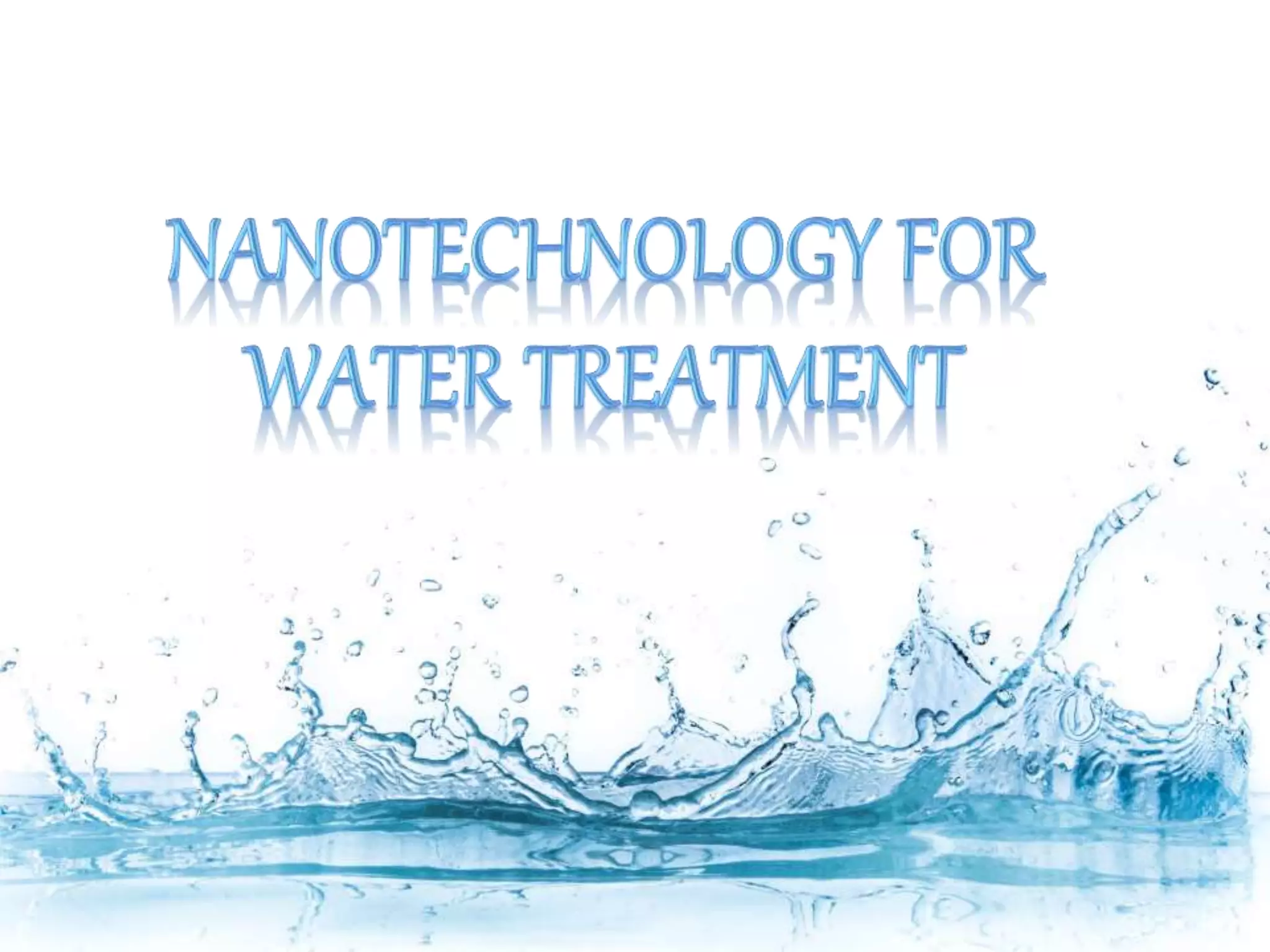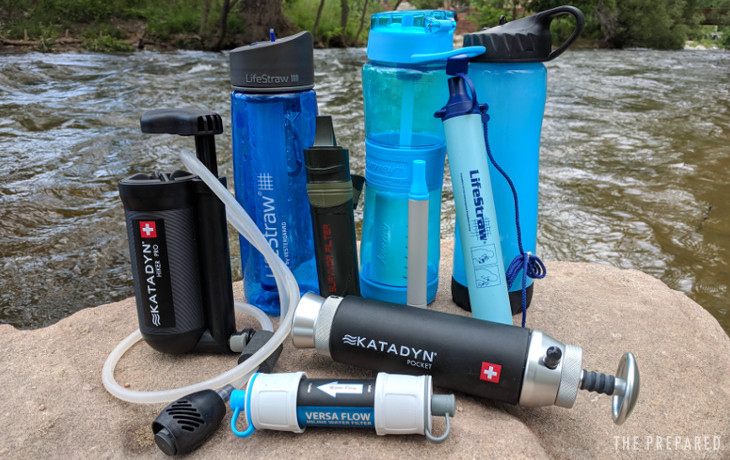Hard Water Hair Woes: Tips for Healthy Shiny Locks

Introduction;
Hard water can turn your daily hair care routine into a frustrating battle against dullness, dryness, and product buildup. If you’ve ever wondered why your hair lacks the lustrous shine you desire, the culprit might be right in your tap. In this guide, we’ll delve into the world of hard water and explore practical tips to maintain healthy, shiny locks even in regions with water woes.
1. Introduction
What is Hard Water?
Hard water is water that contains a high concentration of minerals, primarily calcium and magnesium ions. These minerals are picked up as water flows through underground rocks and soil, making the water “hard.” While hard water is safe to drink, it can wreak havoc on your hair.
The Impact of Hard Water on Hair
The minerals in hard water can create several hair problems, including dullness, dryness, frizz, and even product buildup. Understanding the chemistry behind hard water and its effects on hair is crucial for finding solutions.
2. Identifying Hard Water
Signs of Hard Water
Do you notice spots on your glassware, soap scum in your shower, or white, chalky deposits on faucets? These are common signs of hard water. Pay attention to your surroundings to identify the presence of hard water in your home.
Testing Water Hardness
To be certain, you can use DIY water hardness test kits or contact your local water supplier for a water quality report. Knowing the hardness level of your water is the first step in addressing the issue.
3. Understanding the Chemistry
Minerals in Hard Water
Calcium and magnesium ions in hard water form insoluble compounds when they react with soap. This reaction can leave a residue on your hair, making it look dull and lifeless.
How They Affect Your Hair
Hard water minerals can also alter the pH level of your hair, making it more alkaline. This change in pH can weaken your hair’s structure, leading to breakage and frizz.
4. The Hard Water-Hair Connection
Hair Texture and Hard Water
Different hair types react differently to hard water. Understanding your hair’s texture is essential in tailoring your hair care routine to combat the effects of hard water.
The Role of pH Levels
Maintaining the right pH balance is crucial for hair health. We’ll explore how to keep your hair’s pH level in check, even when dealing with hard water.
5. Hard Water Hair Problems
Dullness and Lack of Shine
Hard water’s mineral buildup can rob your hair of its natural shine. Discover strategies to regain that lost luster.
Dryness and Frizz
Is hard water making your hair feel like straw? We’ll show you how to combat dryness and frizz effectively.
Product Build-Up
Hard water can interact with hair products, leaving behind residue that weighs your hair down. Learn how to prevent and address this common issue.
6. Preventing Hard Water Damage
Water Softeners
Installing a water softener in your home can significantly reduce the negative effects of hard water on your hair and skin.
Shower Filters
Shower filters equipped with activated carbon can filter out minerals and impurities, giving you softer water for your hair.
Clarifying Shampoos
Clarifying shampoos are your go-to for removing stubborn mineral buildup from your hair. Discover the best options for your hair type.
7. Home Remedies for Hard Water Hair
Vinegar Rinse
A simple vinegar rinse can help remove mineral deposits and restore shine to your hair.
Baking Soda Scrub
Create a natural exfoliating scrub using baking soda to cleanse your scalp and hair from hard water residue.
Lemon Juice Treatment
Lemon juice is a natural clarifying agent that can leave your hair feeling refreshed and revitalized.
8. Choosing the Right Hair Products
Sulfate-Free Shampoos
Sulfate-free shampoos are gentle on your hair and help maintain its natural oils.
Conditioners with Silicones
Silicone-based conditioners can create a protective barrier, shielding your hair from hard water damage.
Leave-In Treatments
Explore leave-in treatments that provide ongoing protection against mineral buildup.
9. Tips for Washing Your Hair
Water Temperature
Discover the optimal water temperature for washing your hair to prevent further damage.
Shampooing Techniques
Learn how to shampoo and rinse your hair properly for the best results.
10. Post-Shower Care
Towel Drying vs. Air Drying
Make informed choices between towel drying and air drying to minimize damage.
Hair Oils and Serums
Nourish your hair with oils and serums that lock in moisture and maintain shine.
11. Maintaining Healthy Hair
Regular Trimming
Regular trims are essential to remove damaged ends and maintain healthy hair.
Balanced Diet
Your diet plays a significant role in hair health. Discover the nutrients your hair needs to shine.
12. Seeking Professional Help
Salon Treatments
Consider professional salon treatments to revive and rejuvenate your hard water-damaged hair.
Hair Masks
Explore DIY and store-bought hair masks that can restore vitality to your locks.
13. Lifestyle Adjustments
Showering Habits
Adjust your showering habits to minimize the impact of hard water on your hair.
Travel Tips
Learn how to care for your hair when traveling to areas with hard water.
14. Conclusion
Embrace Your Natural Shine
FAQs
How can I test if I have hard water at home?
Testing for hard water can be done using simple DIY test kits available at hardware stores or by contacting your local water supplier for a water quality report.
Can hard water cause hair loss?
While hard water can damage hair, it’s not a direct cause of hair loss. However, hair damage from hard water can lead to breakage and thinning if not properly managed.
What is the ideal pH level for hair?
The ideal pH level for hair is slightly acidic, typically between 4.5 and 5.5. This pH range helps maintain the hair’s strength and shine.
Are there any DIY remedies for hard water hair damage?
Yes, there are several DIY remedies like vinegar rinses, baking soda scrubs, and lemon juice treatments that can help mitigate the effects of hard water on your hair.
Should I stop using hot water for hair wash?
Hot water can strip your hair of natural oils and exacerbate the effects of hard water. It’s best to use lukewarm or cool water for hair washing to minimize damage.











